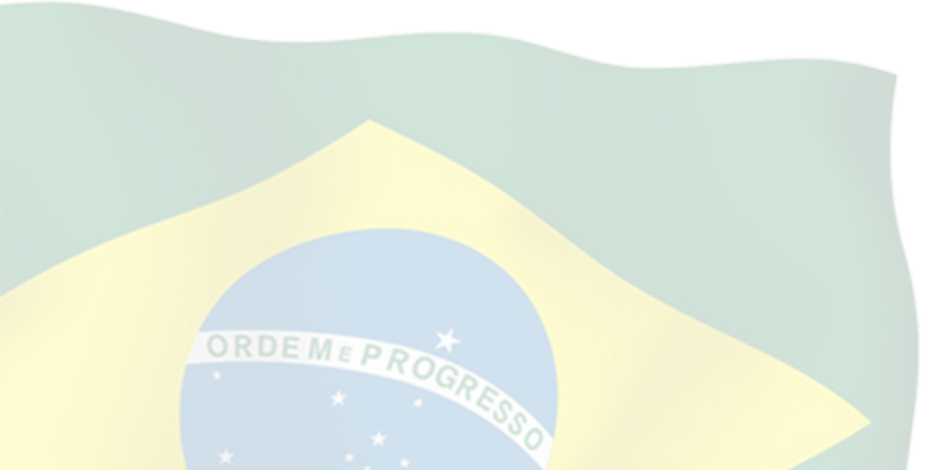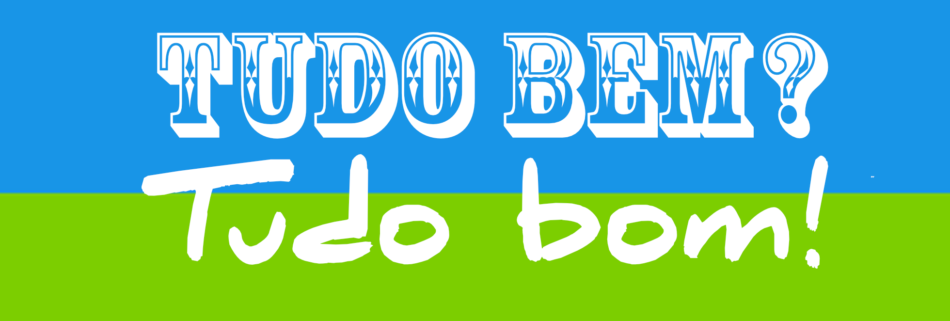Why do people sometimes say tudo bem, and other times it's tudo bom?
I used to wonder about that. And it's really silly because the answer is obvious. Just as we sometimes say in English "I'm well" we also will say "I'm good." It's exactly the same with tudo bem / tudo bom. You can (and should) mix these up as you like.
But when it comes to talking about GOOD (and, we're only addressing the good here - talking about the bad is another story) you have to get the gender straight. Bom, is for masculine things. Boa is for feminine. You will never hear someone say "tudo boa" - never. That's because tudo is non-specific and thus, it defaults to masculine. Whenever the gender is not clear, use the masculine - and that goes for articles (the) as well as past participles (ele está cansado, ela está cansada).
Tudo bem / Tudo bom
You can say I'm fine & I'm good!
And here, is how Brazilians actually say these:
Can you set aside 10 minutes daily for practice?
Staying committed is easy when you're into Semantica.

Learn more about how exactly tudo and todo work - and how they differ.

Comentários